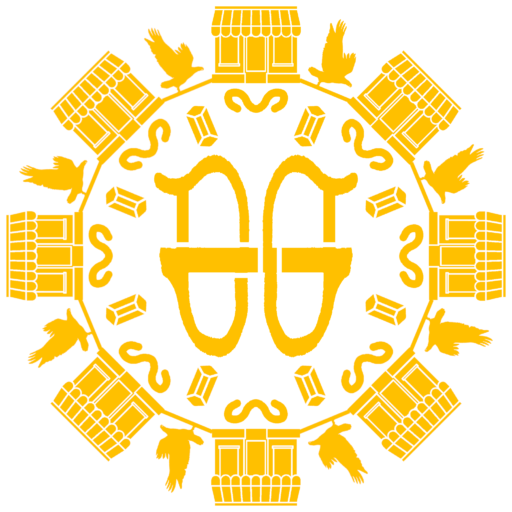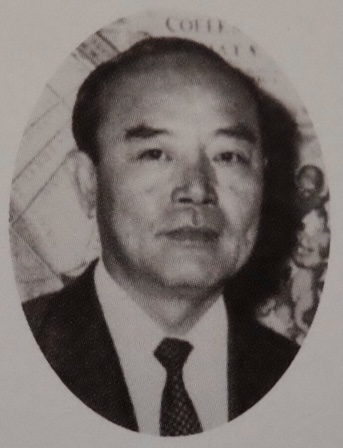Here is another Chinese-Thai businessman who assimilated into Thai society.
Lǐ Mùchuān (李木川) (1920-?)
He was born either as Lǐ Mùchuān (or Lee Bak Chuan) in Shantou, China. His family emigrated to Thailand when he was 6 years old.
Chuan Ratanarak (?-1993)
Ratanarak would become a businessman analogous to the Vanderbilts or the Rockefellers. While he kept his byname, the surname that he would be given derive from the Thai words:
ratana: (Thai) precious gem/any of the Three Gems of Buddhism
rak: (Thai) to cure
It may have been possible that he was given that name in order to assimilate faster in Thai society.
In his early years, he worked as a laborer on Bangkok’s docks, until eventually he saved enough money to purchase a boat. With this purchase, Ratanarak managed to start his two businesses: Bangkok Transport and Bangkok Lighter. He would eventually merge those two businesses into the United River Transport Co. Ltd.
Because of anti-Chinese discrimination from 1939-1957, Chinese-Thai families kept close business connections among each other. Ratanarak’s businesses were no exception.
At the time of his death, he would establish one of the most prominent families in Thailand.
Sources
- Chuan Ratanarak. Wikipedia.
- “Empires in the East – Powerful Families Still Dominate Nation’s Industry”. The Economist. 26 January 1991. p. 78.
- Hiscock, Geoff (1997). Asia’s wealth club : who’s really who in business : the top 100 billionaires in Asia (Reprint. ed.). London [u.a.]: Brealey.
- Krishnamra, Toemsakdi (October 2013). “The role of Chuan Ratanarak and the major business families in Thailand’s economic development”, Interview with Toemsakdi Krishnamra”. Sasin Graduate Institute of Business Administration of Chulalongkorn University (Interview). Bangkok, Thailand.
- Jaiyen, Boonchai (2012). Which Family is the Richest. pp. 37–54.
- Smith, R.B. (2006). Changing visions of East Asia : 1943-93 : transformations and continuities (1. publ. ed.). New York [u.a.]: Routledge. pp. 125–128.
- Wiktionary
- รักษ์
- รัตนะ
- “ชวน รัตนรักษ์”.

